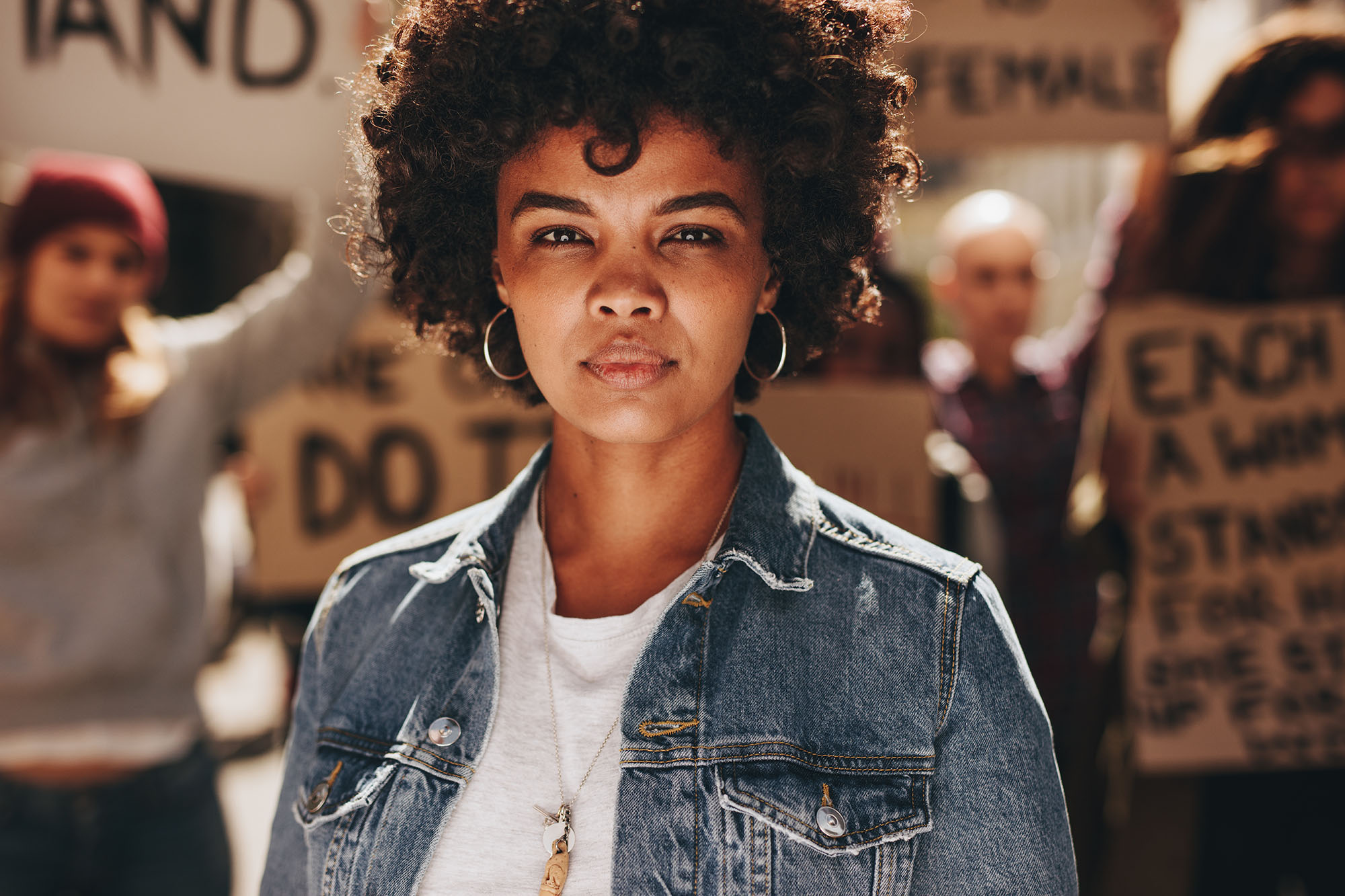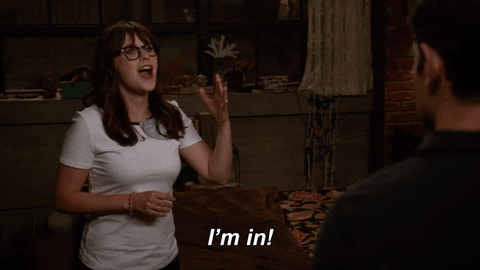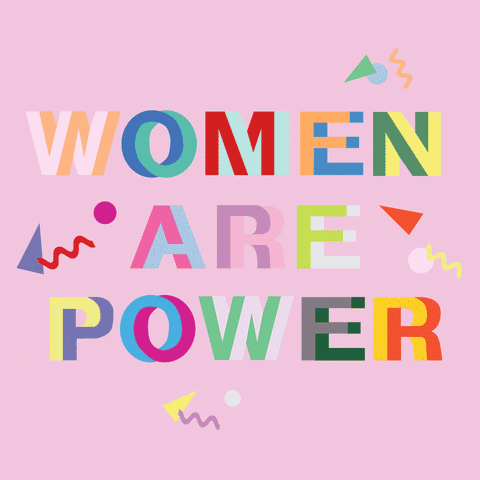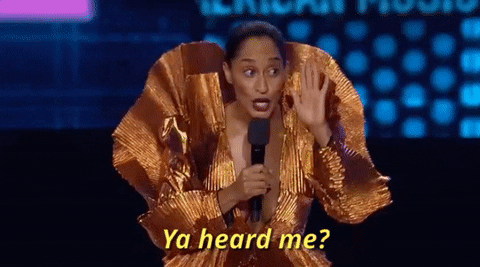Abortion rights, women of color, and LGBTQIA+ people are under attack. Pledge to join us in fighting for gender justice.
#MeToo Two Years Later: Three Ways People Are Creating Real Change, Right Now

It’s been two years since #MeToo went viral and countless survivors have shouldered the burden of sharing their stories and advocating for accountability from our institutions.
But has anything actually changed?
Yes! And not just in Hollywood.
Motivated by the brave survivors and workers who shared their stories—and often by their own Me Too experiences—state lawmakers across the country have been coming forward and enacting important policy reforms to stop and prevent harassment, particularly in the workplace. In the past two years, 15 states and New York City have passed new protections to address workplace harassment and other forms of discrimination, including sexual harassment and assault.
Still, significant work remains to achieve justice for all workers and survivors, no matter who they are or where they work.
Here are three ways in which people around the country are creating real change, right now. You, too, can join these efforts!
- Encouraging state legislators to sign the #20Statesby2020 pledge.
In October 2018, on the one-year anniversary of #MeToo going viral, nearly 300 organizations aligned against sexual harassment and sexual violence came together to call for strengthened protections against sexual harassment and violence at work, and in schools, homes, and communities—demanding concrete advances in “20 states by 2020.”
In response to this call to action, in January 2019 state legislators hailing from all corners of the country and both sides of the aisle signed a letter of commitment to strengthen protections against sexual harassment and violence by 2020. In signing on to this “#20Statesby2020” initiative, legislators pledged to work with survivors and the communities most seriously affected by sexual harassment and violence— including women of color, immigrants, and LBGTQIA individuals—to create concrete solutions to end sexual harassment.
We must hold legislators accountable to their pledge and if your state legislator isn’t on the list, you can ask them to sign on now!

2. Talking to state and local legislators and Members of Congress about the ways our laws need to change.
The outpouring of MeToo stories is evidence of how are antiharassment laws have been failing us for far too long. NWLC’s State Playbook for Gender Equity details key public policy reforms needed to prevent and address gender-based discrimination and harassment in the workplace, in schools, and in healthcare. You can use this resource to talk to your state and local legislators about reforms that might be needed in your state.
Additionally, you can help make sure that your workplace harassment protections don’t depend on where you live by asking Congress to pass the comprehensive BE HEARD in the Workplace Act now.
- Submitting comments or testimony as opportunities arise. States and localities around the country have been holding hearings and forums to hear from the public about how sexual harassment and violence are impacting our workplaces, schools, health care, and communities. For example, earlier this year, New York held two hearings on sexual harassment—the first in nearly 30 years thanks to the efforts of seven brave survivors with their own MeToo stories from their time working in the state capitol.

And last month, NWLC, along with other advocates, survivors, and community members, testified at a public forum on sexual harassment hosted by the New Jersey Division on Civil Rights and the New Jersey Coalition Against Sexual Assault. We urged New Jersey to consider critical workplace reforms, including extending the statute of limitations for filing harassment and discrimination complaints, requiring workplace antiharassment trainings, policies, and climate surveys, and addressing restrictive legal standards that minimize the impact of harassment, among others.
NWLC will let you know as these opportunities arise, so stay tuned – follow us on Twitter, Facebook, and/or Instagram.

Your voice matters. There is a lot of energy from policymakers to make real change in response to Me Too, especially in the states. But for these policy reforms to be truly effective, lawmakers must listen to survivors and workers, in particular those who are especially impacted by harassment, including workers in low-wage jobs, women of color, LGBTQIA folks, immigrants, and people with disabilities.
We thank survivors for sharing their stories and we urge lawmakers across the country to continue this much-needed work. The struggle for justice has only begun.





